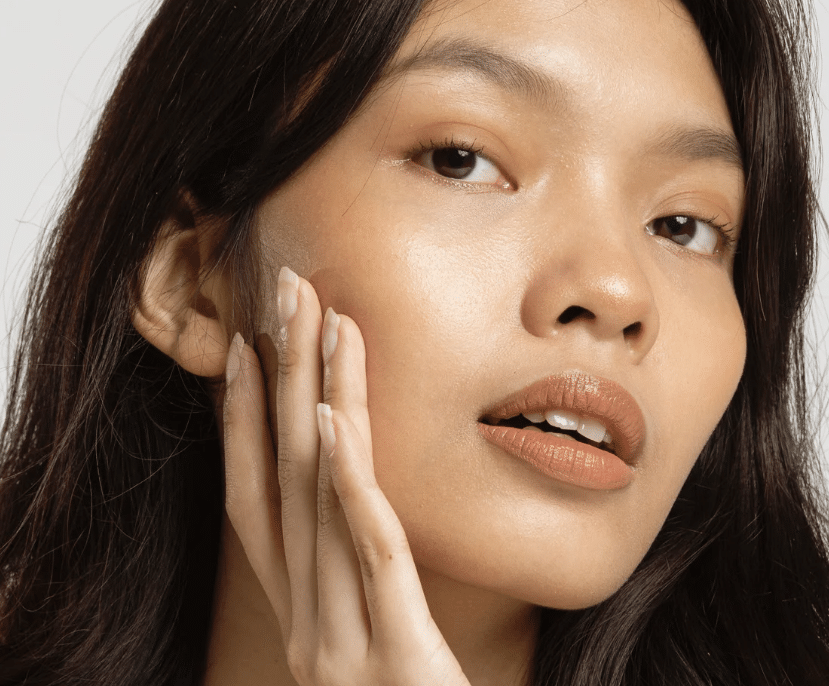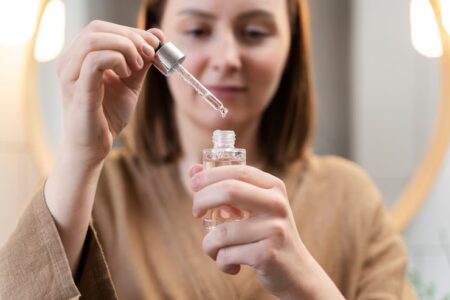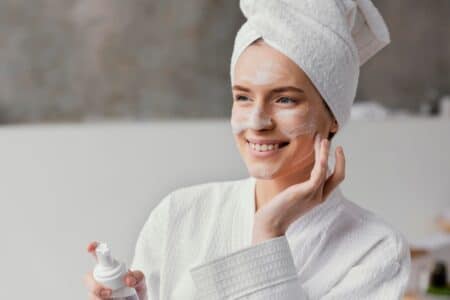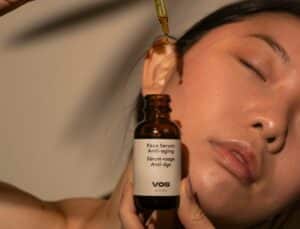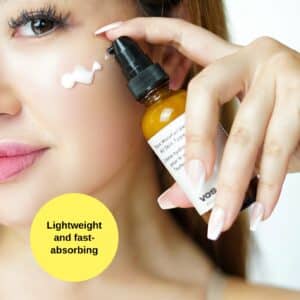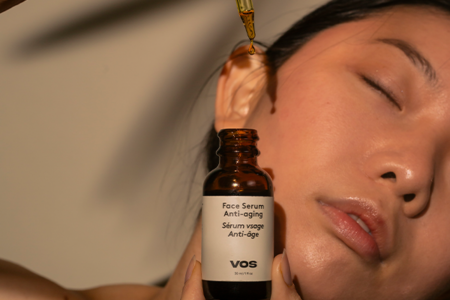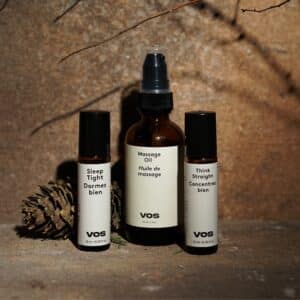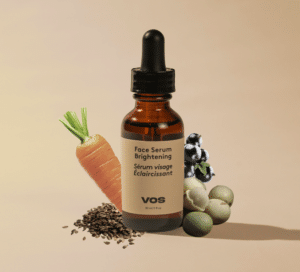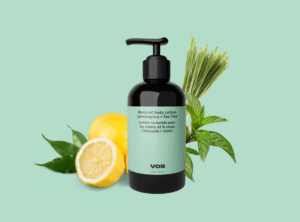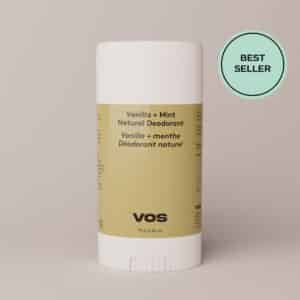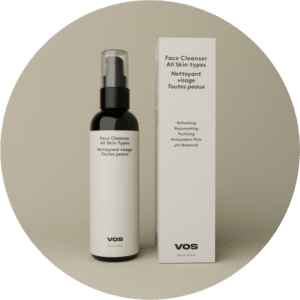When it comes to skincare, understanding the roles of different products is crucial. One common question that arises is, “Can I use serum without moisturizer?” In this guide, we’ll explore the functions of serums and moisturizers, how they interact, and whether it’s advisable to use one without the other.
Understanding Serums and Moisturizers
What is a Serum?
A serum is a concentrated treatment designed to address specific skin concerns. It typically contains a higher concentration of active ingredients such as vitamins, antioxidants, and peptides. These components target issues like aging, pigmentation, or hydration at a deeper level compared to other skincare products.
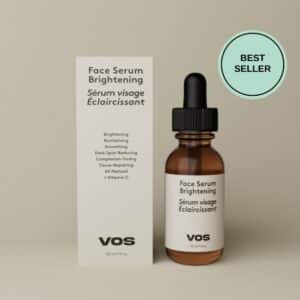
What is a Moisturizer?
Moisturizers are designed to hydrate and lock in moisture. They form a barrier on the skin’s surface, preventing water loss and ensuring that your skin remains supple and hydrated. Moisturizers can vary in formulation, ranging from lightweight gels to rich creams, catering to different skin types and needs.
Can I Use Serum Without Moisturizer?
The question of whether you can use serum without moisturizer is nuanced. While it is technically possible to apply serum alone, there are several factors to consider to determine if this approach suits your skincare needs.
Benefits of Using Serum Alone
- Targeted Treatment: Serums are formulated to deliver active ingredients directly to the skin. If your primary goal is to address specific skin concerns, such as dark spots or fine lines, using a serum alone can allow these ingredients to penetrate deeply without interference.
- Minimalist Approach: For those who prefer a minimalistic skincare routine, using a serum alone can streamline your regimen. This approach is particularly useful if you have oily skin or live in a humid climate where a heavy moisturizer might feel uncomfortable.
Potential Drawbacks of Skipping Moisturizer
- Lack of Hydration: Serums are not designed to provide long-lasting hydration. Without a moisturizer, your skin may not retain sufficient moisture, leading to dryness or dehydration over time.
- Barrier Protection: Moisturizers help create a barrier that locks in the serum’s active ingredients and protects your skin from environmental stressors. Without this layer, your skin may be more vulnerable to external factors.
- Potential for Irritation: Some serums contain potent active ingredients that might cause irritation if used without a buffering agent like a moisturizer. A moisturizer can help soothe and protect the skin, reducing the risk of sensitivity.
Finding the Right Balance
Assess Your Skin Type and Concerns
Determining whether to use a serum with or without a moisturizer largely depends on your skin type and specific concerns. If you have oily skin or are dealing with acne, you might find that a lightweight serum without a heavy moisturizer works best. Conversely, those with dry or sensitive skin are likely to benefit from the added hydration and protection that a moisturizer provides.
Experiment and Observe
The best way to find out what works for you is to experiment. Try using a serum without a moisturizer for a few days and observe how your skin responds. Look for signs of dryness, irritation, or other issues. If you notice any negative effects, consider incorporating a moisturizer into your routine.
Expert Tips for Using Serum and Moisturizer Together
- Layering: When using both serum and moisturizer, apply the serum first. This allows the active ingredients to penetrate the skin more effectively. Follow with a moisturizer to seal in the serum’s benefits and provide additional hydration.
- Choose Complementary Products: Ensure that the serum and moisturizer you choose are compatible with each other. Look for products that complement your skin type and concerns.
- Consider Your Climate: Adjust your skincare routine based on environmental factors. In dry climates, using both serum and moisturizer may be essential to keep your skin hydrated. In more humid conditions, you might opt for a lighter approach.
Conclusion
So, can you use serum without moisturizer? While it is possible, the effectiveness of this approach depends on your individual skin type and concerns. Serums offer concentrated treatments for specific issues, but they often lack the hydrating and protective qualities of moisturizers. To achieve the best results, consider incorporating both products into your routine, tailoring them to your skin’s needs, and observing how your skin responds.
By understanding the roles and benefits of serums and moisturizers, you can create a skincare regimen that optimally addresses your unique needs and helps you achieve your desired results.
